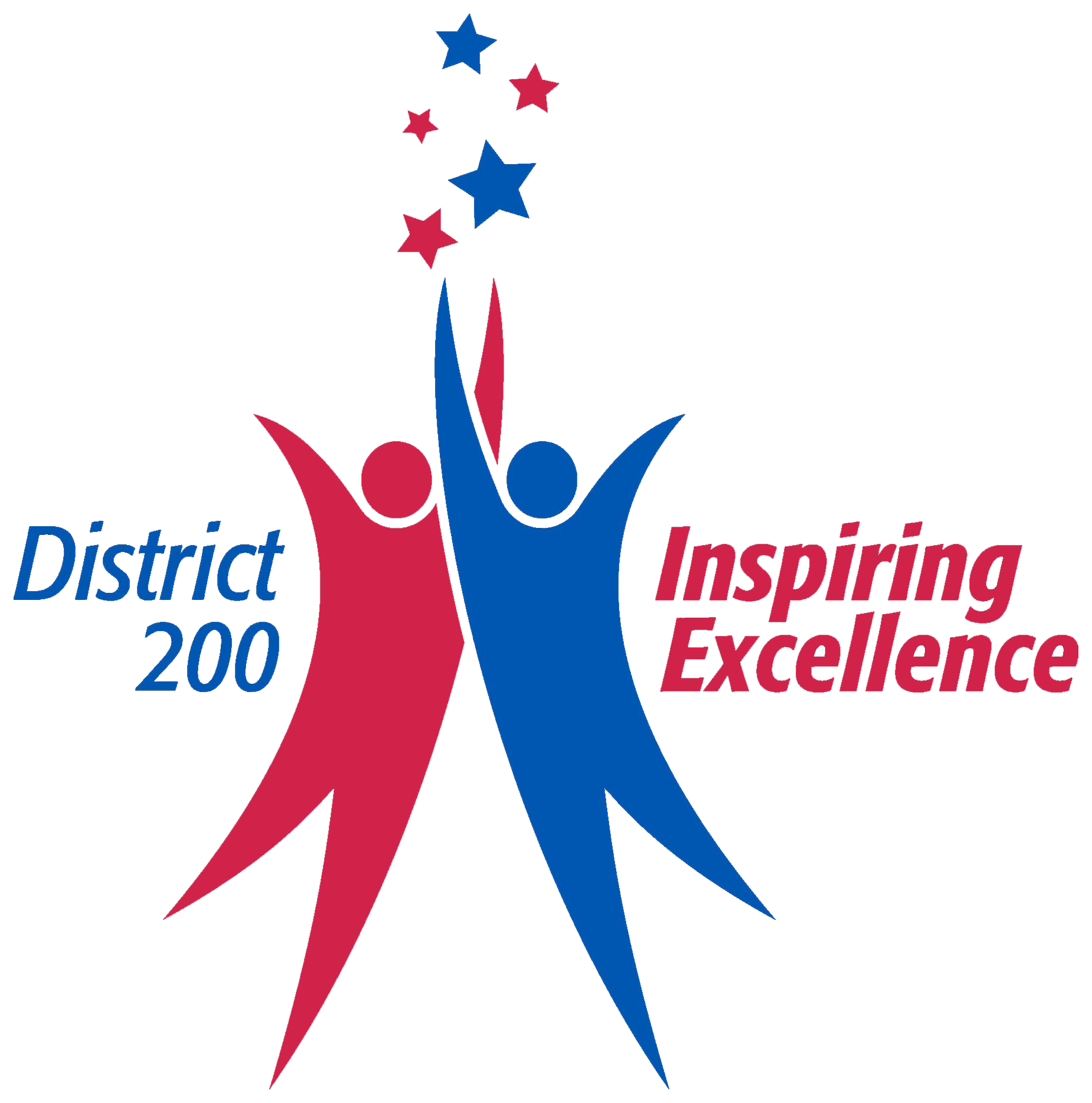Erin's Law
The Comprehensive Health Education Act, often referred to as Erin’s Law, was signed into law in 2011. This law requires all public schools to:
implement an age-appropriate sexual abuse awareness and prevention curriculum for all students in grades Pre-K – 12
to provide all staff members with training on sexual abuse prevention
to provide parents and guardians with the warning signs of child sexual abuse, plus needed assistance, referral, or resource information to support sexually abused children and their families. for all staff.
Erin’s Law is named after childhood sexual assault survivor, author, speaker, and activist Erin Merryn.
Student Prevention
District 200 Social Workers provide age-appropriate lessons on personal safety to all students in Pre-K through 5th grade students. Lessons are adapted from the Second Step Committee for Children Child Protection Curriculum, and presentations are aligned with learning standards that focus on teaching students basic skills to help keep them safe from abusive or dangerous situations. Some concepts discussed during presentations include safe and unsafe touches and how to recognize, refuse, and report unsafe and unwanted touches.
Principals and/or teachers at each school will provide parents with notification of any upcoming personal safety lessons. Any parent that does NOT wish for their child to participate or if they have any questions or concerns about the personal safety lesson can contact their school principal.
Key Concepts Taught: Erin's Law Second Step EC-5 Key Concepts
Ways to Stay Safe
Safe / Unsafe Touches
Communicating, Reporting, Refusing
Healthy Relationships (secondary-level)
Sexual Abuse (secondary-level)
Staff Training
All new staff receive in-depth personal safety lessons (adapted and used with permission of The Northwest Center Against Sexual Abuse) training that covers what is Erin’s Law?; what they should know about child sexual abuse; and reviews lessons for students. Returning staff receive their training annually on the District's GCN.
Parent Education
An adult has a very powerful effect on children. Children don’t question whether adults are trustworthy – they automatically assume they are. Perpetrators can manipulate children by saying:
-“This is our secret”
-“Other people will be jealous of us”
-“They will take you away if you tell”
-“If you tell, you will be taken away from our family”
-“Nobody will believe you; you will be completely alone”
Signs and symptoms to look for in younger children:
-Exhibit regressive behavior like loss of speech, sucking thumb, bed-wetting, soiling
-Resist removing clothes at appropriate times
-Ask other children to behave sexually or play sexual games
-Show knowledge not typical of a young child
-Mimic adult-like sexual behaviors with toys
-Be clingy or show separation anxiety
-Be irritable or withdrawn
-Have sleep difficulties
Have tantrums that are frequent and last 15 minutes or longer
Signs and symptoms to look for in older children:
-Exhibit poor hygiene
-Act out sexually
-Exhibit eating disorders
-Abuse substances
-Run away
-Be depressed and withdraw socially
-Attempt suicide or express suicidal ideation
-Engage in other risky behaviors
-Show a sudden change in behavior
Additional resources:
National Sexual Assault Hotline at 800.656.HOPE (4673)
National Sexual Abuse Chatline at online.rainn.org
Illinois Department of Children and Family Services Hotline at 1.800.25.ABUSE (2873)
